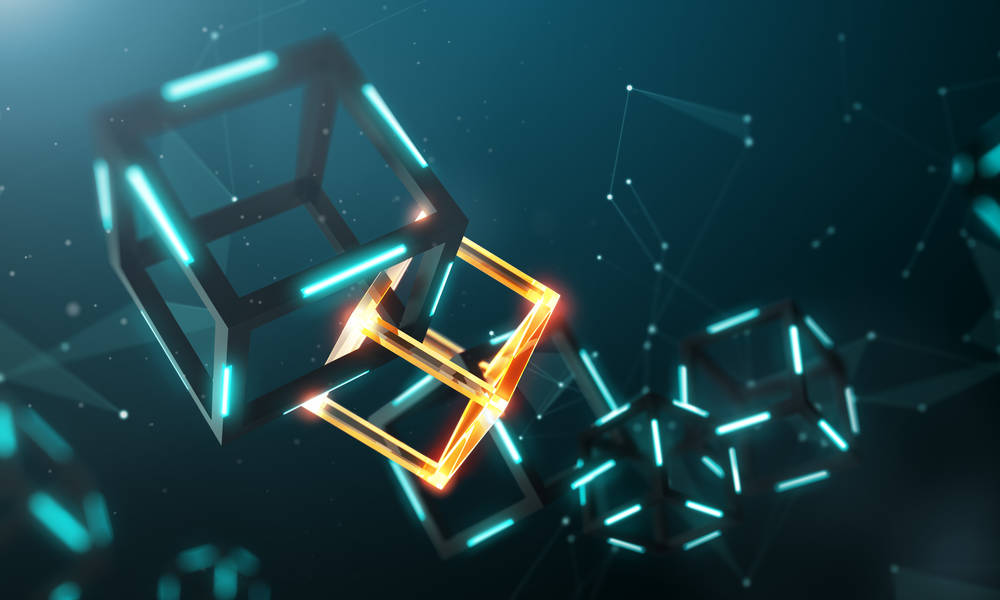
Member Engagement, Blockchain Style
The Government Blockchain Association is hoping to juice up engagement by, fittingly, offering tokens to members as part of a long-term experiment. The more active members are, the more they accumulate tokens—which will have value on a member exchange in future years.
Call it the vanguard of the member benefit—one that’s a perfect fit for the association that’s offering it.
The Government Blockchain Association, a U.S.-based organization founded last year that advocates for the use of blockchain solutions for governments worldwide, is planning to release a token of its own, similar to Bitcoin, Litecoin, or other well-known forms of cryptocurrency. But rather than distributing the coin through an initial coin offering, GBA will distribute the tokens (from a starting pool of 1 billion) to members over the next decade at a rate of 25,000 per quarter, based on members’ level of engagement with the organization. Members that take more advanced volunteer roles—say, chairing a committee or speaking at a conference—will potentially get more tokens.
The tokens will be used as a form of currency in the organization that in the future will have value because it can be used to obtain benefits. The goal is to incentivize members to join now and contribute to building the association. From a draft white paper on the GBA website:
Later, when future individuals and organizations want to join GBA as members, or participate in working groups, work on special projects, participate in proposal response teams, or become members of public-private partnerships, they will need to pay for those GBA benefits and services with GBA Tokens. Tokens will be available for purchase on a public exchange. In other words, they will need to purchase the tokens from people that actually built the organization. The purpose of this token is to reward the people who built the GBA by people who benefit from the GBA community and resources.
It’s an innovative approach to engagement, certainly. But critics of similar efforts, such as the journalism startup Civil, have noted that blockchain-based startups often have more potential than actual value. (In the case of Civil, the complexity of signing up is also causing problems.) But according to Bitcoin Exchange Guide, GBA believes that the tokens’ value can already be quantified, thanks to its already strong membership base.
In comments to Forbes, GBA President Gerard Dache characterized the approach as “a decade-long experiment” that could provide a template for other associations.
“We do know that we will learn a lot and plan to use this experiment to create new models for distributed governance,” he said. “We hope that this will be a great contribution to the social-economic future made possible by blockchain technology.”
(phive2015/iStock/Getty Images Plus)






Comments